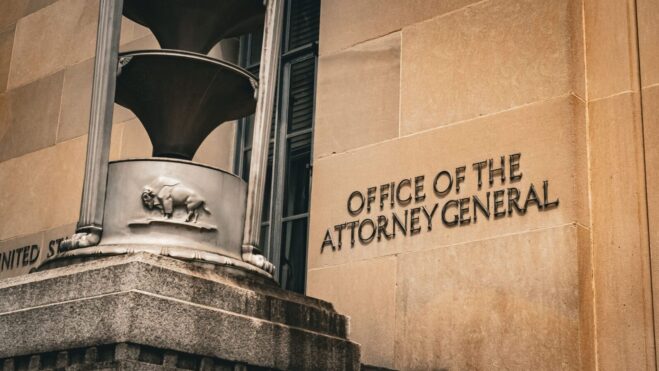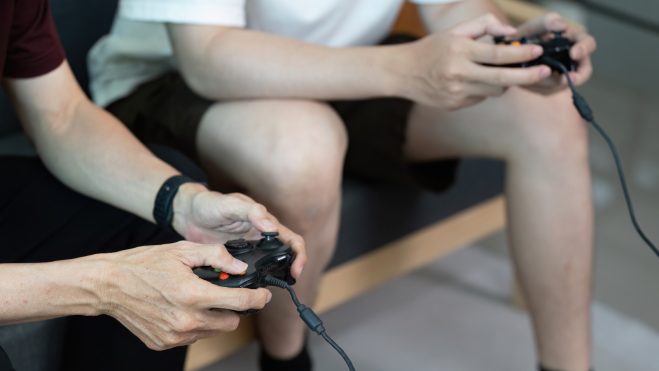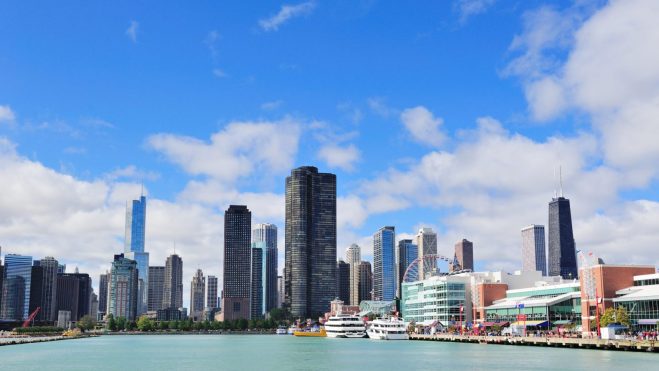Alabama Could Lose Out On $1.2B Annually If Gambling Legislation Falters
With only days left before the end of the 2024 legislative session, Alabama lawmakers seem to be at a stalemate on gambling expansion.
2 min

Alabama Rep. Chris Blackshear has stated that adding casinos, sports betting, and a lottery could mean as much as $1.2 billion in annual revenue to the state. That hasn’t been enough to sway Senate lawmakers, and legislation that could at least authorize some of those gambling options is running out of time.
The House approved HB 151, a constitutional amendment to authorize a lottery and limited gambling. The accompanying bill, HB 152, which outlines the taxation and regulation framework for gambling, also received the House’s endorsement.
Although the original draft sought to introduce a much wider gambling market, what finally appeared for a vote was legislation that would allow a lottery and seven casinos offering slots and electronic table games (EGT) but no dealer games. It also includes a deal with the Poarch Band of Creek Indians (PCI) for tribal casinos — they would be able to host table games.
However, the progression of these bills encountered a hurdle in the Senate due to a procedural snag. HB 151 failed by one vote in the Senate last Tuesday, which should have led to a second vote. No one has seemed anxious to make that happen, however.
Many obstacles to overcome
The Senate has supported the idea of inviting lotteries into the state, including Powerball, Mega Millions, and more. Every other form of gambling, though, has been met with polarizing results.
Showing how divisive the conversation in the Senate is, not even Sen. Greg Albritton, who sponsored the legislation in his chamber, approved the watered-down version. The Alabama Daily News reported he expressed concerns over how the latest draft may impact the PCI, calling the legislation too restrictive.
Sen. Arthur Orr rejected the bill because, according to him, it was too permissive. He didn’t feel it went far enough to develop an adequate framework for EGTs. He also wanted more money directed to the government, saying that education and the government should split the revenue more evenly.
The Alabama legislative session is rapidly drawing to a close, with only a few more days remaining. If the legislation does get approved, it would lead to a special vote by state residents this August. If it doesn’t, Alabama will be completely out of luck this year.
What’s at stake
According to Blackshear, when the legislation first appeared, Alabama’s embrace of gambling and betting would have generated between $935.6 million and $1.214 billion. Estimated contributions from casinos ranged from $350 million to $492.2 million, sports wagering from $15 million to $42.5 million, and lottery revenues from $305.6 million to $379.4 million. In addition, there was the potential for another $300 million from a compact with the PCI.
The allocation of gaming revenues would be at the discretion of the legislature, with suggested appropriations including post-secondary scholarships and various programs. Potential beneficiaries of casino revenue included mental health initiatives and a program resembling Medicaid expansion targeted at rural healthcare.
That all changed as the bill made its way through the legislative maze. The Senate’s version, after making a number of changes in March, pushed it down to around $350 million. While the latest version could deliver up to $600 million, according to Sen. Albritton, that’s still just half of what could have been.
Alabama could be about to sign off on a bill, HB146, that would authorize a pay increase for educators. That increase could use a boost from the additional funds the gambling expansion would provide.






